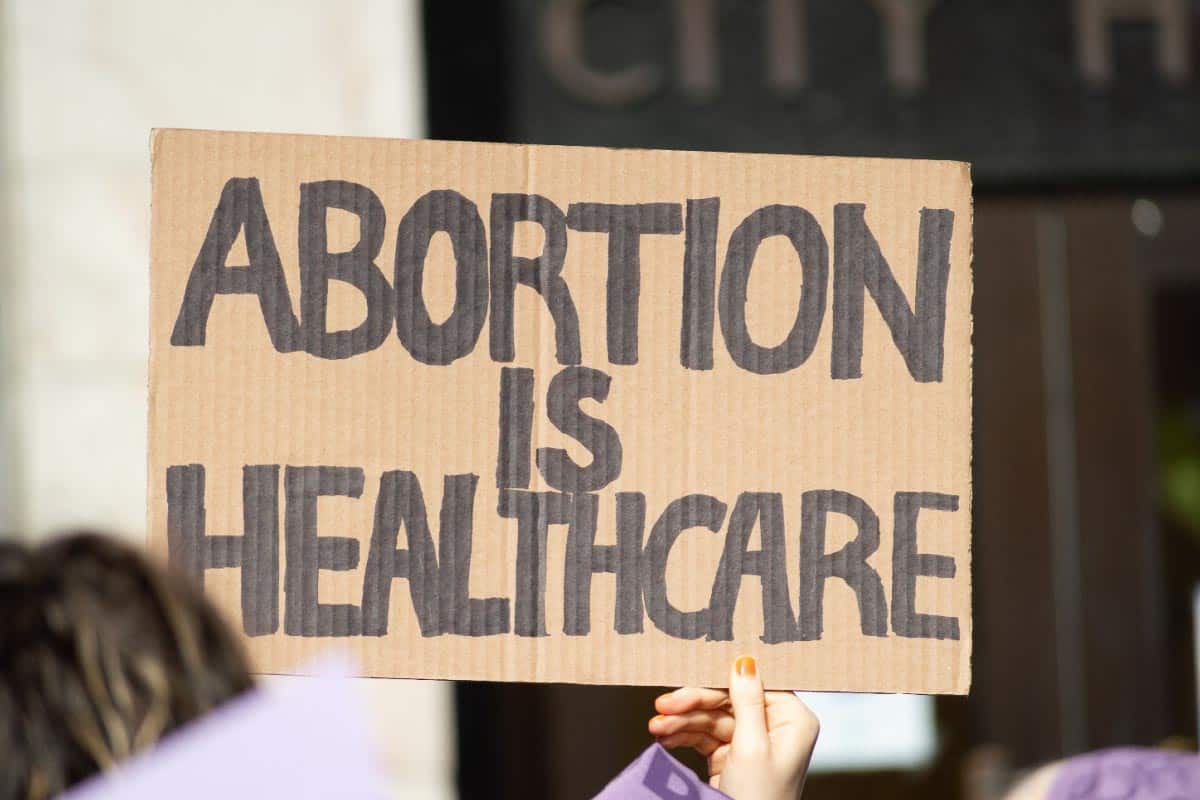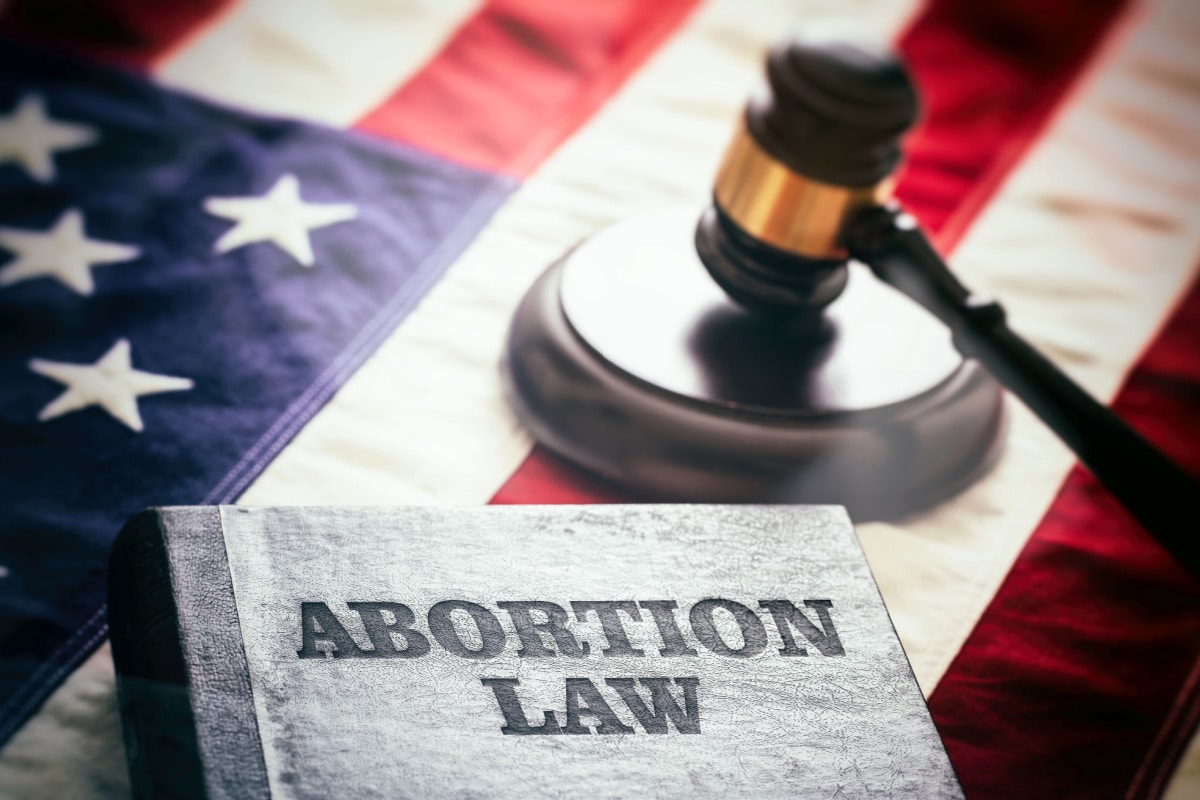In the midst of a legal battle that has captured the nation’s attention, the Texas Supreme Court is set to deliberate a crucial question: Do the state’s abortion laws adversely affect women’s health when they encounter pregnancy complications?
Plaintiff Numbers Growing

This landmark case, initiated by the Center for Reproductive Rights, initially featured five patient plaintiffs back in March, but it has since expanded to include 22 plaintiffs, comprising 20 patients and two physicians.
The Argument: Inadequately Safeguarding Patients

Their collective argument centers on the contention that the medical exceptions within Texas’s abortion restrictions are unduly narrow, failing to adequately safeguard the well-being of patients confronting complex pregnancies. On the opposing side, Texas Attorney General Ken Paxton staunchly defends the existing abortion laws, advocating for the case’s dismissal.
The Crucial Hearing

On a pivotal Tuesday, the nine Texas Supreme Court justices will convene in Austin to deliberate whether a temporary injunction, previously ruled for by a lower court judge, should be enforced. This injunction, if implemented, would grant doctors greater discretion in performing abortions when they determine that a woman’s health is in jeopardy or when a fetus carries a condition that may prove fatal. While it would expand eligibility for exceptions to Texas’s abortion bans, it would not, however, overturn these laws.
Lethal Diagnosis Leads To Leaving Texas

One of the recent additions to the plaintiff roster is Dr. Dani Mathisen, a 28-year-old OB-GYN resident. In 2021, while pregnant and undergoing a detailed ultrasound examination at 18 weeks gestation, she received distressing news. As she watched the monitor, the sonogram technician identified abnormalities in the fetus’s spine, heart, and kidneys. The diagnosis was grim: the condition was lethal.
Dr. Mathisen and her husband had anticipated the joys of parenthood, but now they faced a harrowing decision: obtaining an abortion necessitated leaving Texas due to the restrictive SB 8 law that banned most abortions after six weeks of pregnancy. Moreover, SB 8 allowed legal action against anyone aiding in an abortion. The stakes were high, and the path forward was unclear.
A Mother’s Support

Dr. Mathisen’s mother, also a physician, stepped in to help navigate the complex situation. She arranged for her daughter to have the procedure in New Mexico, where it was technically legal, though some counties attempted to prohibit travel for abortion purposes. Still, Dr. Mathisen couldn’t shake the fear that her mother might face legal repercussions under SB 8, often referred to as “the bounty hunter law.”
Delays In Care Can Equal Severe Illness or Worse

The ordeal was not unique to Dr. Mathisen. Some of her co-plaintiffs faced even greater challenges, with two developing sepsis while awaiting approval for abortion procedures in Texas hospitals, and one experiencing severe blood clotting that led to the discoloration of her limbs.
Legal Standoff: The State Denies Doing Harm

The Texas Attorney General’s office has refrained from commenting on the new plaintiffs, but in their filings, state lawyers contend that the women were not harmed by the abortion laws and that the existing exceptions are sufficient. They place responsibility on the doctors for any alleged patient harm.
Possible Outcomes

As lawyers for the state of Texas and the Center for Reproductive Rights prepare to present their cases before the nine Texas Supreme Court justices, several possible outcomes emerge. The justices could uphold the lower court’s injunction until a full hearing in April, temporarily expanding medical exceptions to abortion bans in Texas. Alternatively, they might maintain the status quo, with a limited medical exception, and schedule a full hearing for April. Alternatively, they could maintain the status quo, signaling their belief in a Texas victory on the merits and potentially prompting a motion to dismiss the case in the lower court.
The Evolving Case

Throughout the year 2023, this case has evolved significantly. It started with five patients and two OB-GYNs as plaintiffs in March, expanded to 13 patients in May, and now boasts 20 patients challenging Texas over its abortion exception. For Dr. Dani Mathisen, being a part of this lawsuit carries great significance: “I don’t just have a sad story, but I’m doing something with that sad story.”
An Uncertain Outcome For Women In Texas

In a poignant twist of fate, Dr. Dani Mathisen, who now resides in Hawaii and is in her third trimester of a healthy pregnancy, has found a glimmer of happiness amid the turbulent legal proceedings.
As the Texas Supreme Court deliberates this critical case, the outcome remains uncertain, with implications for women’s reproductive rights and healthcare across the state. The nation watches closely as the justices weigh the balance between the law and women’s well-being.
When Doctors Refuse Care Based On Their Own Beliefs: Coming To An ER Near You

In recent times, healthcare legislation has taken a thought-provoking turn with the emergence of ‘conscience’ bills. These bills grant medical providers significant legal protection when it comes to opting out of specific medical procedures and treatments based on their ethical, moral, or religious beliefs.
Read: When Doctors Refuse Care Based On Their Own Beliefs: Coming To An ER Near You







